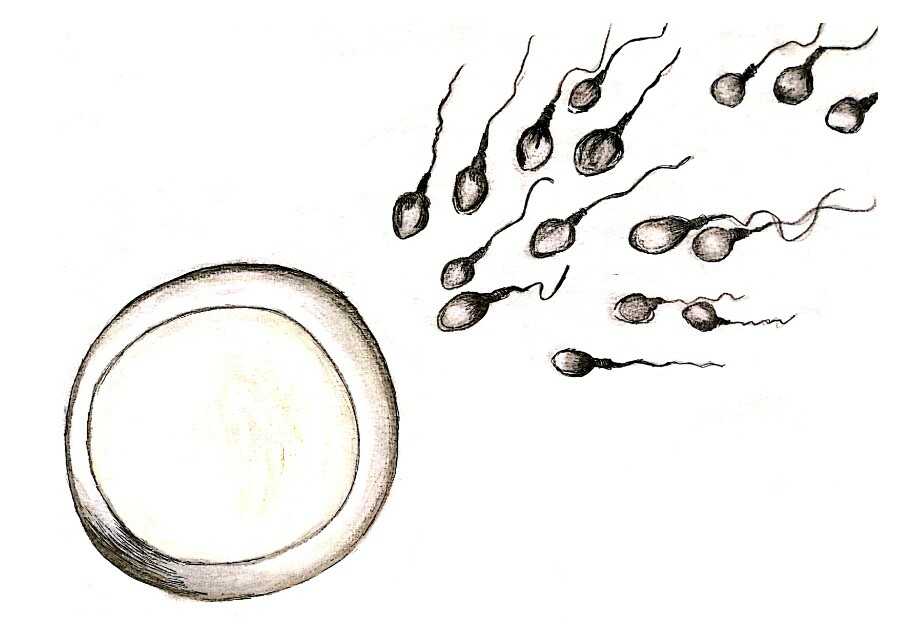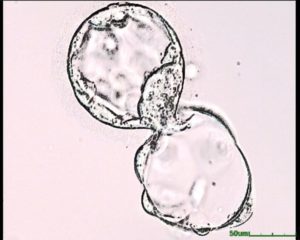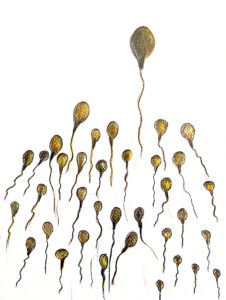Intrauterine insemination, or IUI, is one of the simplest methods developed in the field of artificial reproductive technologies. As it is uncomplicated and minimally invasive it is often the first recommended step when a couple is faced with infertility.
IUI involves the direct introduction of sperm cells into the woman’s uterus, bypassing the cervix, in order to achieve pregnancy. The procedure is performed during the woman’s ovulation to increase the chances of success.
Before the IUI is performed, the semen sample undergoes a preparatory treatment known as a sperm wash, which separates the higher quality, motile sperm from the remaining components of the semen sample.
IUI can be a good treatment step for unexplained infertility, as well as for women suffering from endometriosis and men with lower sperm counts. It can also be performed for women unable to have vaginal intercourse, or for couples in a same-sex relationship.
IUI can be performed using a fresh or frozen sperm sample, making a good method of achieving pregnancy for men who underwent cancer treatment or had a vasectomy, who chose to freeze sperm beforehand.
Cases, where IUI would not be an appropriate choice, including where the woman is older, has blocked tubes, or if the man’s semen quality is very low. If the reason for the low quality is genetic, then a better step would be to undergo PGD and IVF, or else donor sperm can be used.




